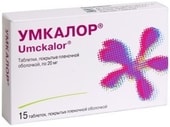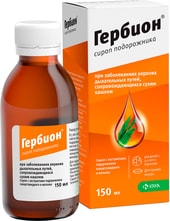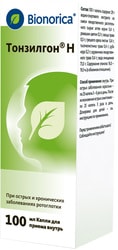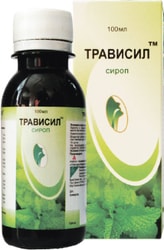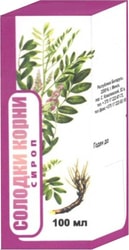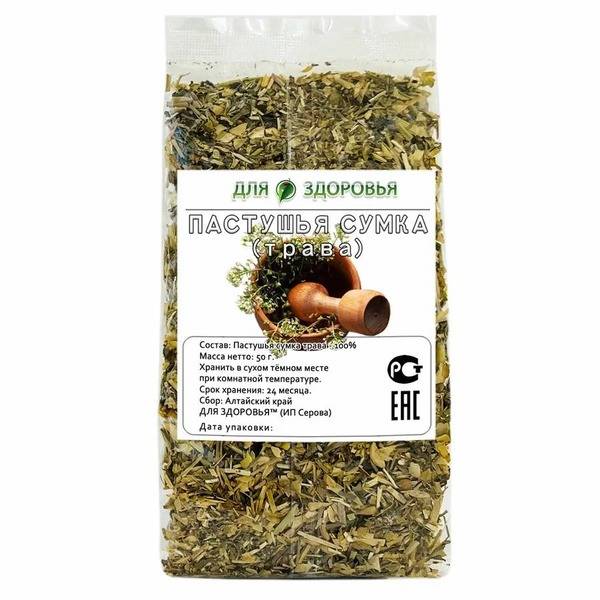
Shepherd's Purse (Capsella bursa-pastoris) is an annual weed belonging to the Brassicaceae (Cruciferae) family, known for its unique medicinal properties. Common throughout many regions, it's widely used in both traditional and modern medicine for a variety of applications, internally and topically. This 50g package provides a convenient supply of this versatile herb.
Shepherd's Purse is an unassuming plant with slender, erect stems. It blooms and produces hundreds of tiny seeds from mid-spring onwards. The basal leaves are lanceolate, with notched or toothed edges. The smaller stem leaves are arranged alternately and heart-shaped, resembling a shepherd's purse (hence the name). The plant features racemose inflorescences topping each stem, composed of 10-15 small, white flowers. Each flower displays the classic cruciferous structure: four pale petals surrounding a greenish center with four stamens and one pistil. Shepherd's Purse is not fragrant. After pollination, small siliques (about 5mm long) develop, containing numerous tiny oval seeds (less than 1mm). A single plant can produce up to 65,000 seeds during its growing season.
Its prolific seed production and adaptability allow Shepherd's Purse to thrive in diverse environments, excluding deserts and permafrost regions. It prefers sunny locations with moderately compact and moist soil, often found along roadsides, in ditches, and under fences. Plants grown in cultivated soil are more succulent but more susceptible to pests and diseases.
The aerial parts of Shepherd's Purse are rich in tannins, alkaloids, vitamins C and K, coumarins, and rutin. It also contains essential and organic oils, acids, minerals, and trace elements. This rich composition has led to its long history of use in treating various ailments:
Shepherd's Purse often exhibits enhanced therapeutic effects when combined with other herbs. For example, its use with horsetail effectively addresses kidney stones and colic, while its combination with water pepper helps stop uterine bleeding.
The medicinal properties of Shepherd's Purse stem from its diverse chemical composition. Preparations made from this herb help:
(Note: This information is for educational purposes only and does not constitute medical advice. Consult with a healthcare professional before using Shepherd's Purse for medicinal purposes.)
